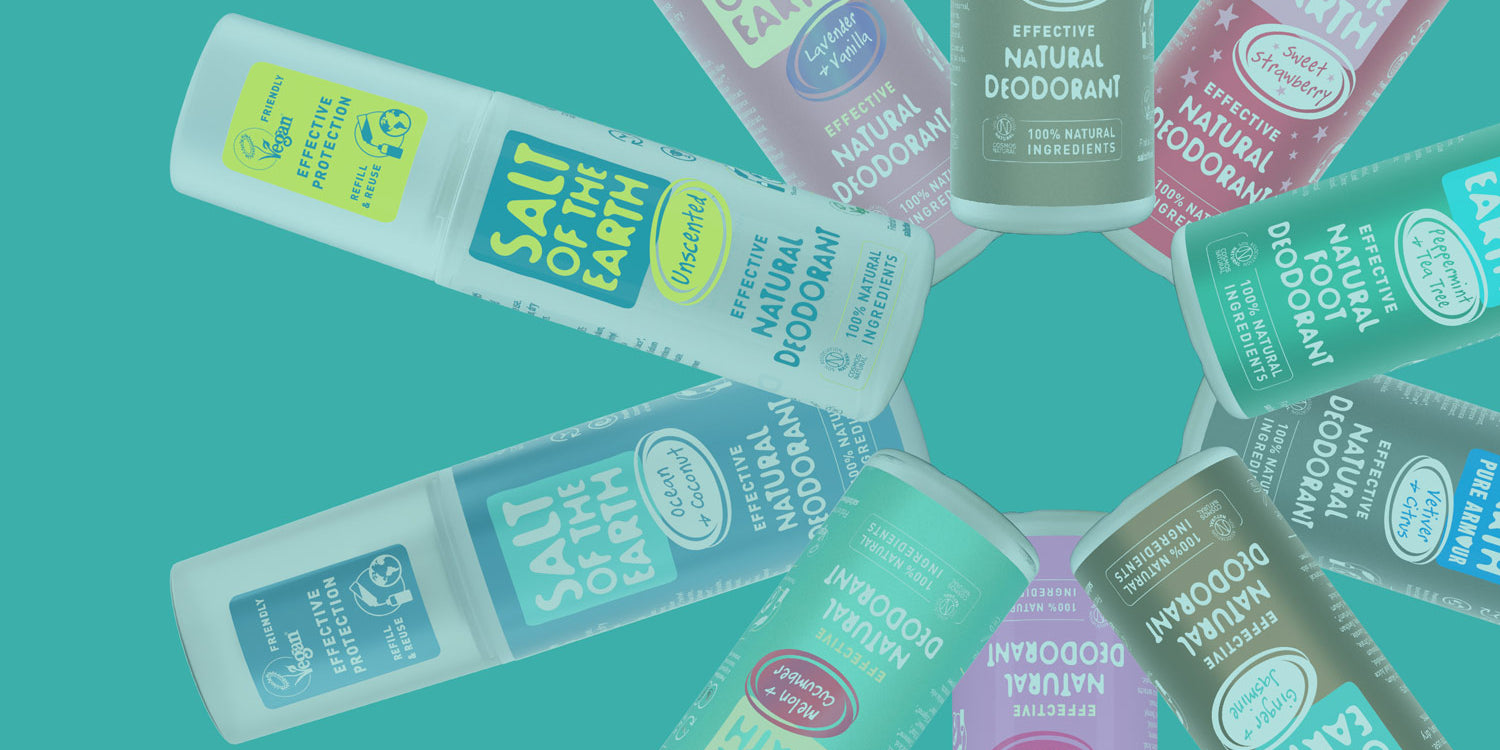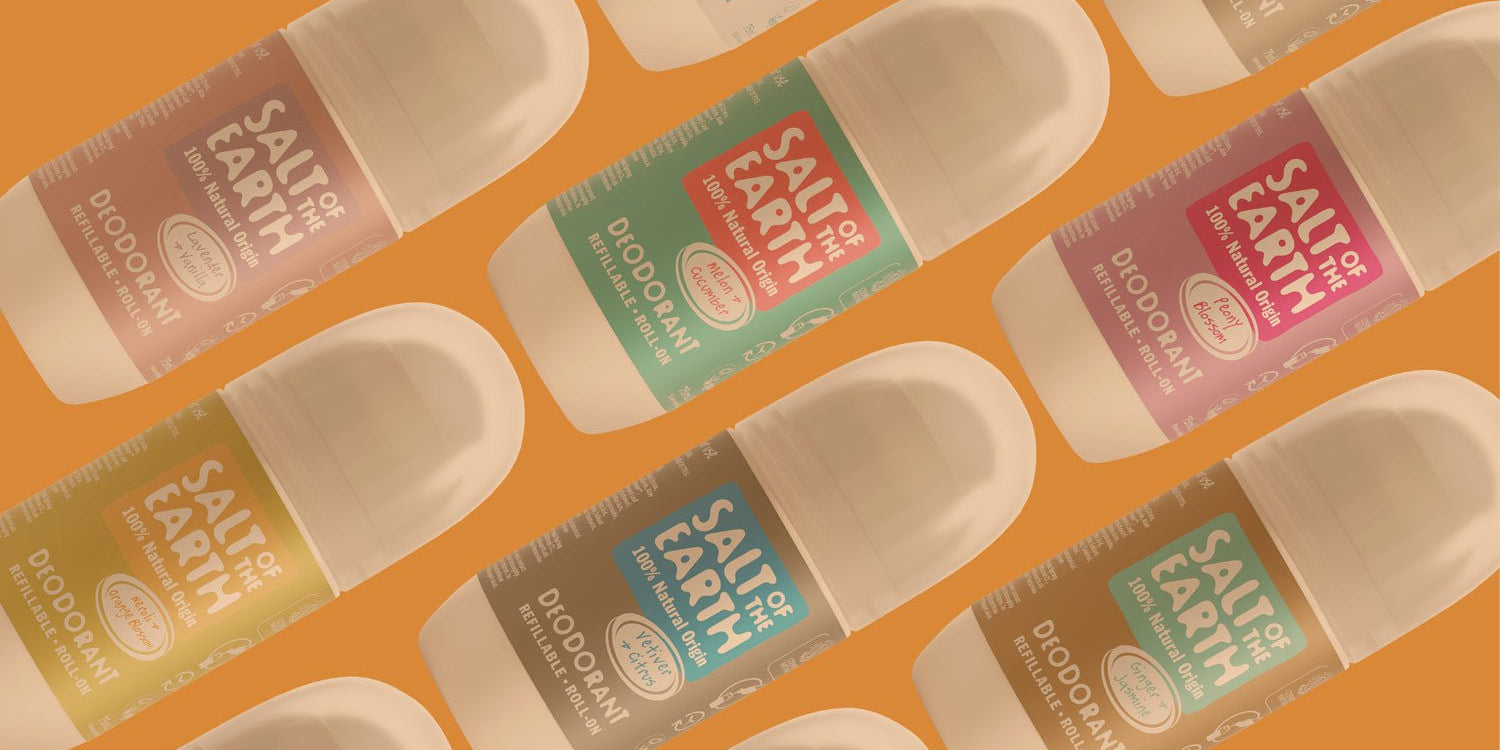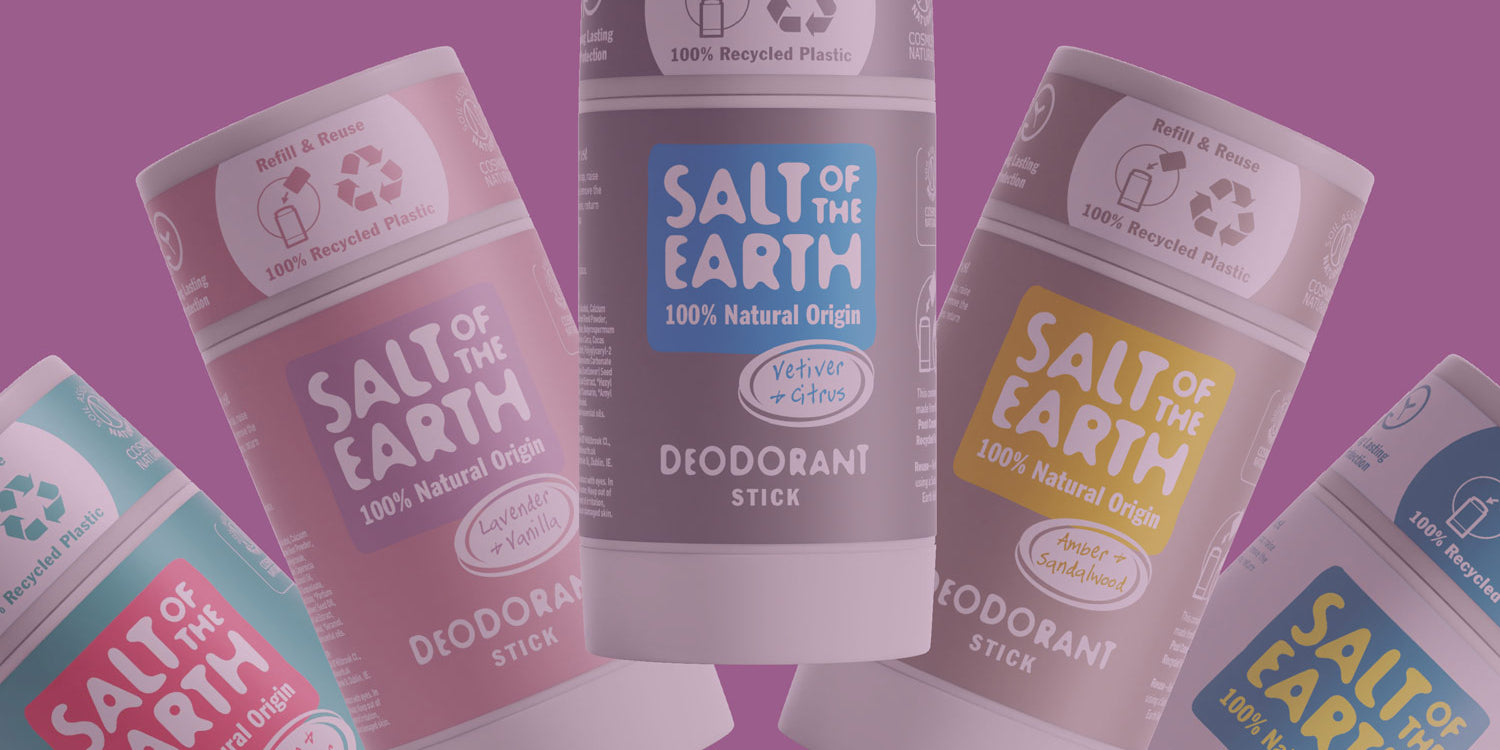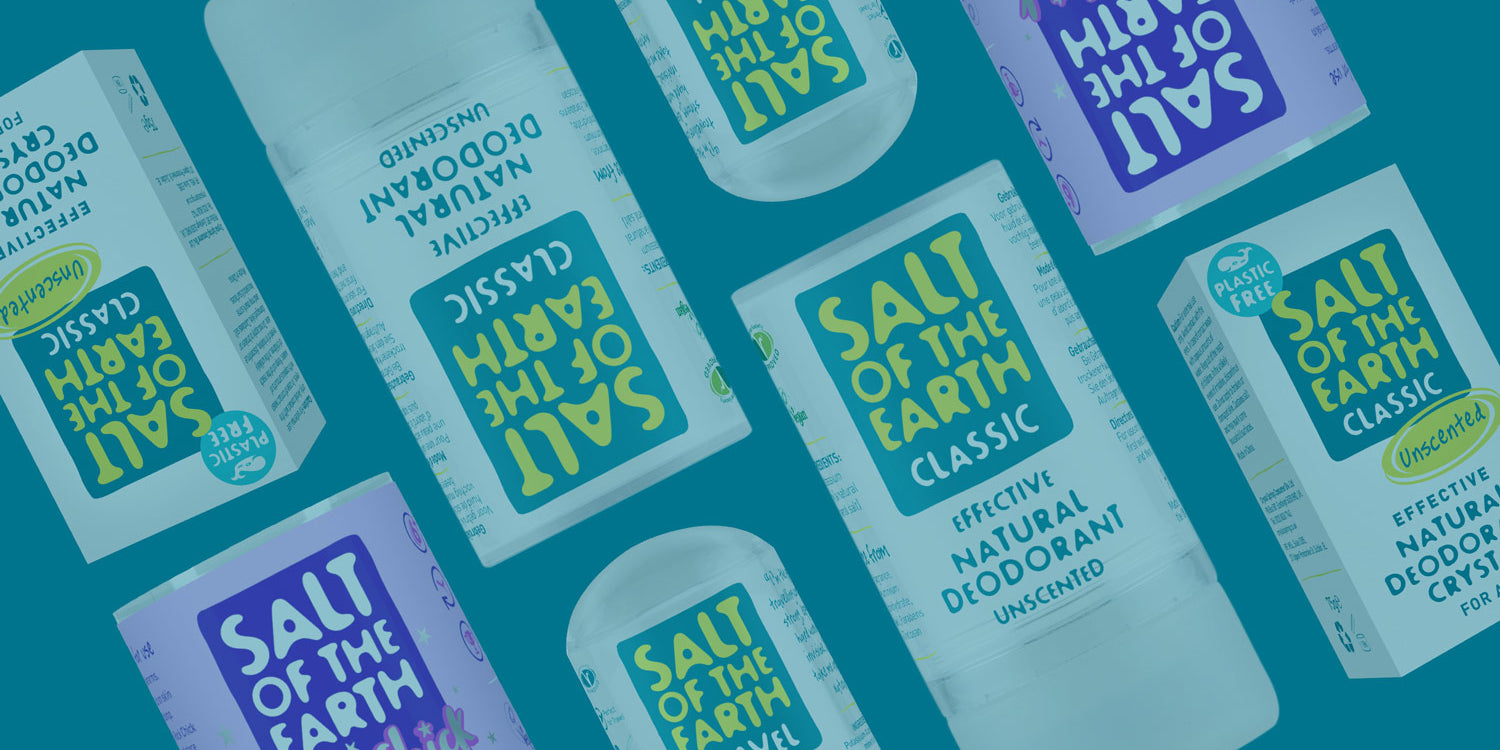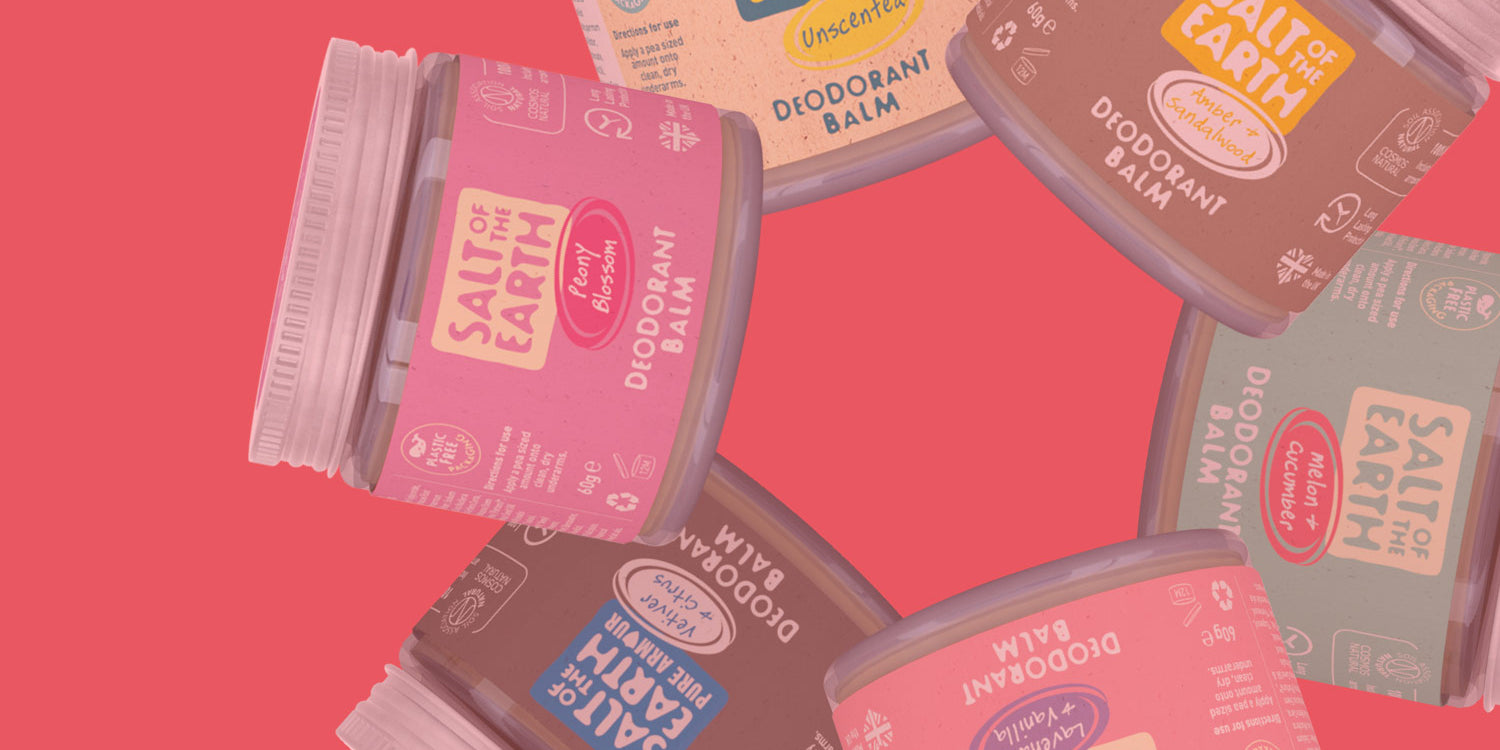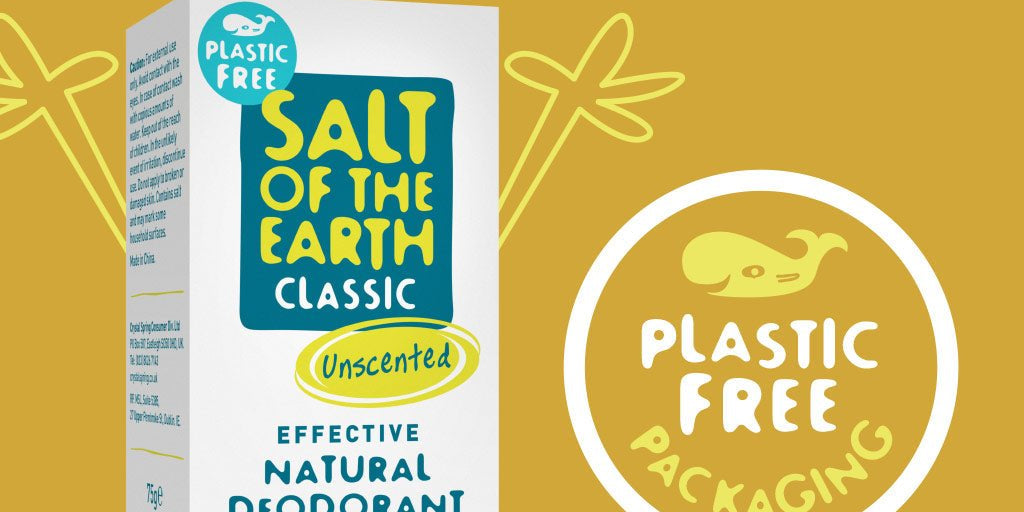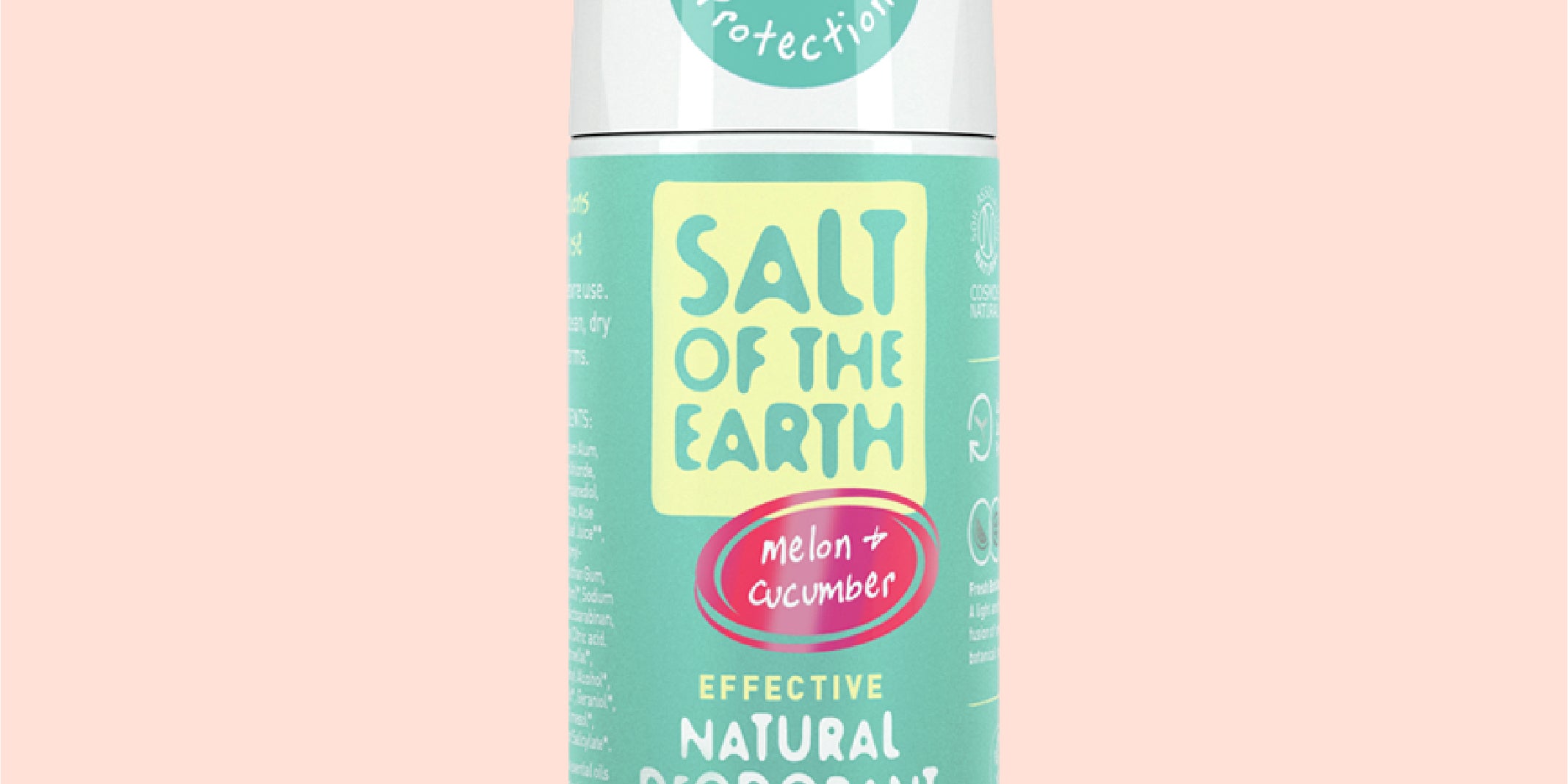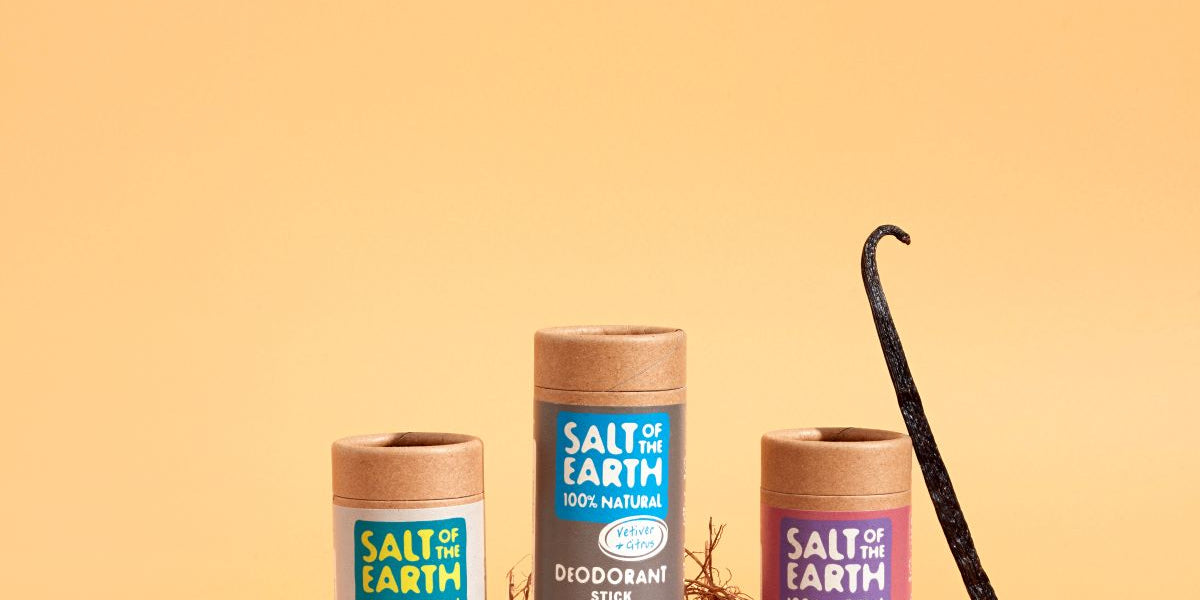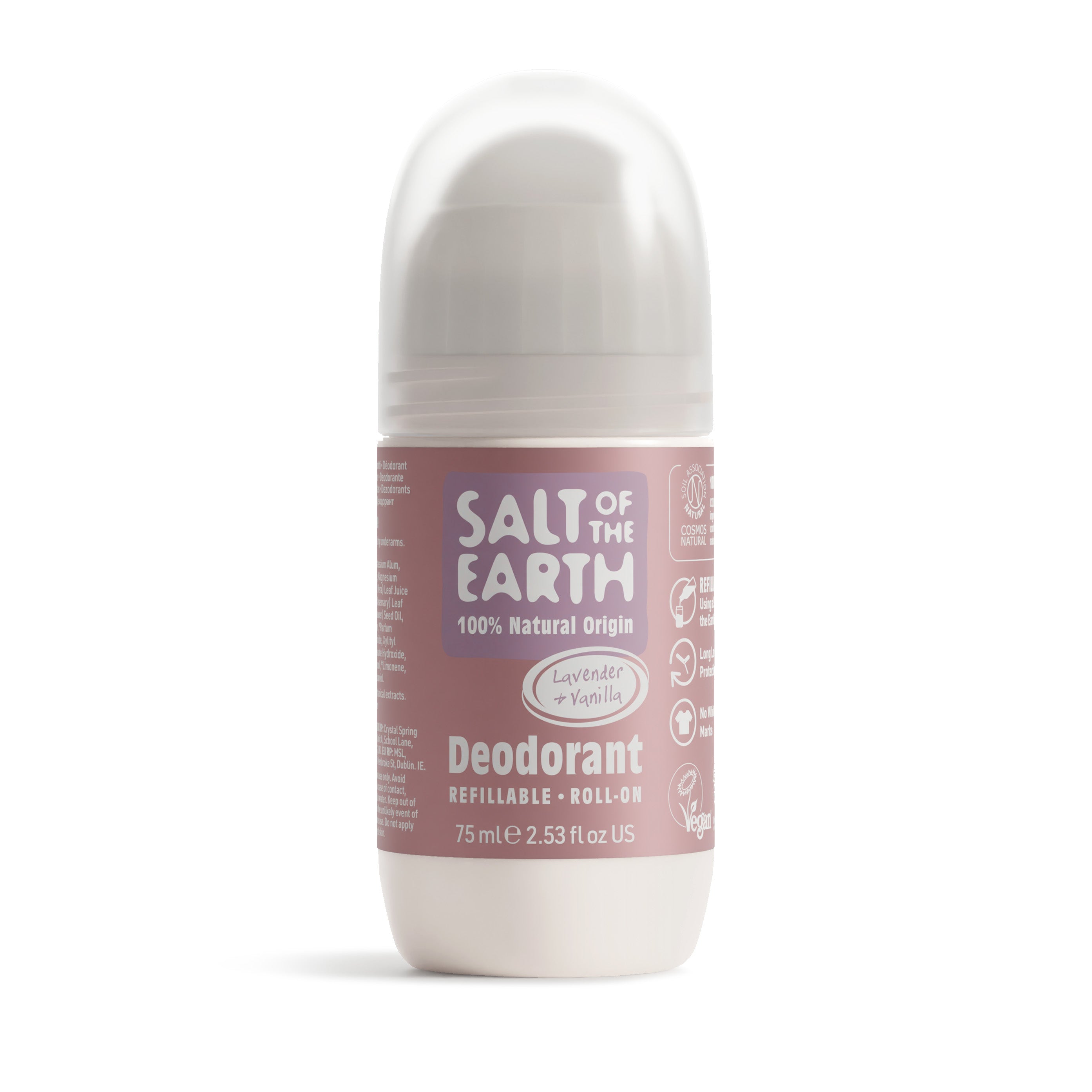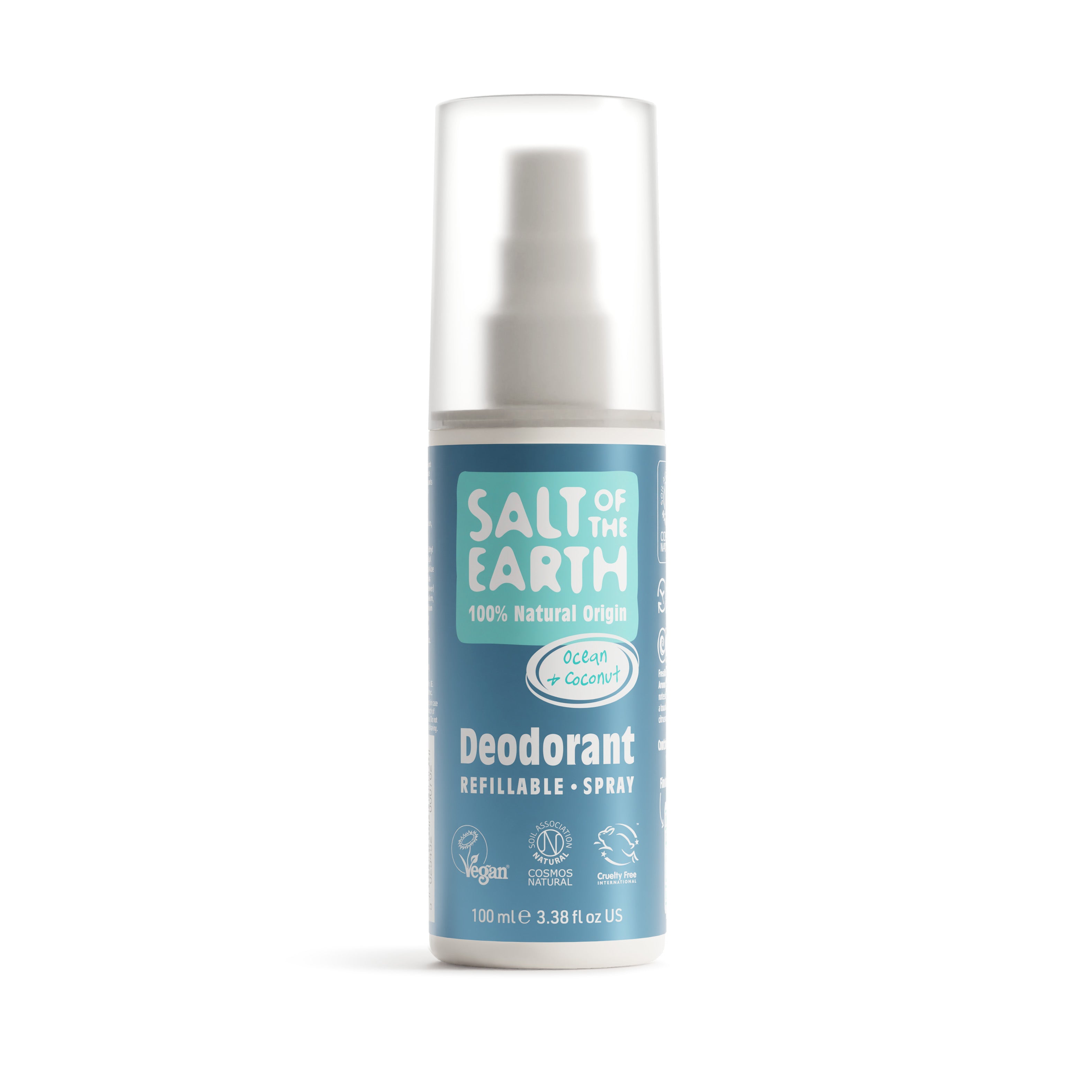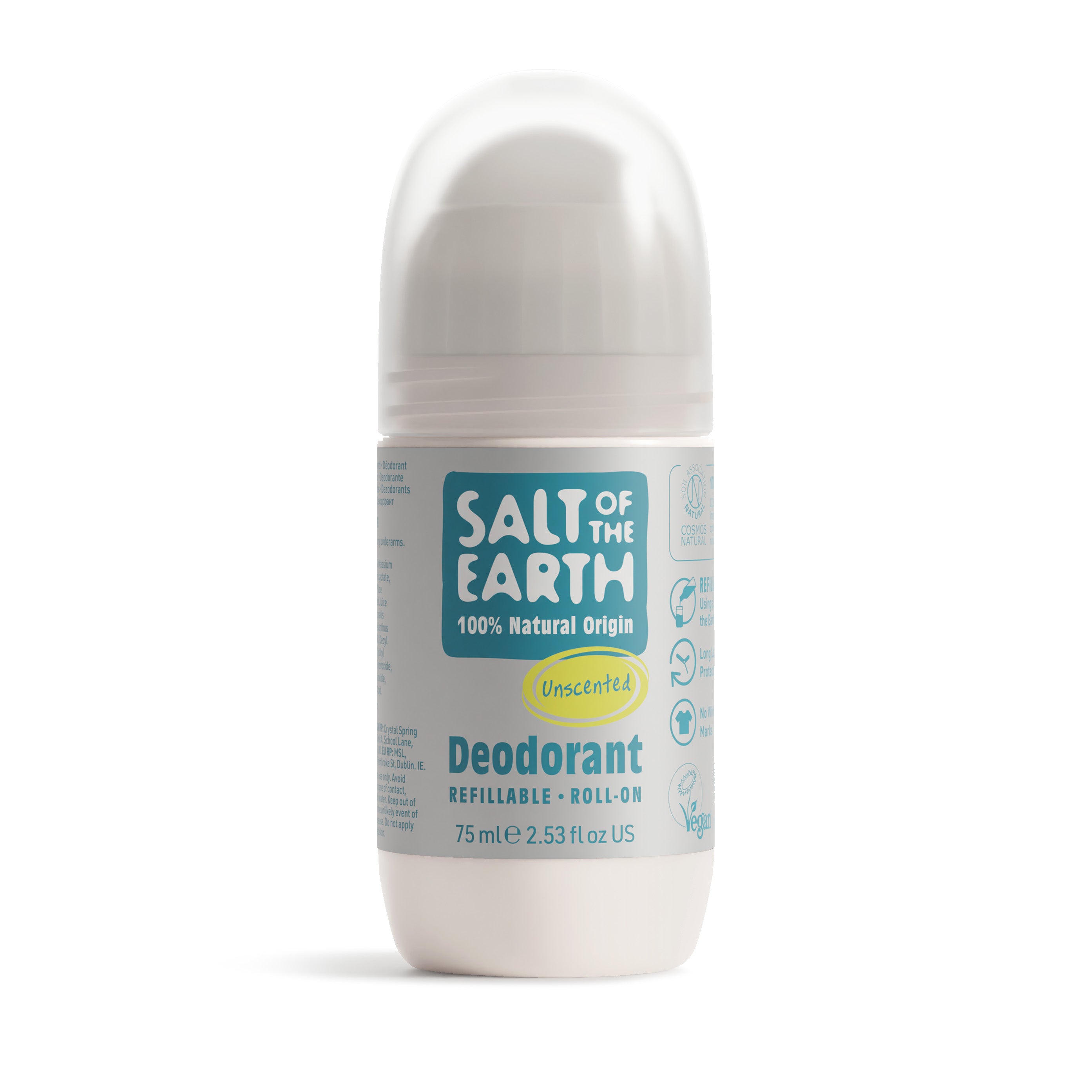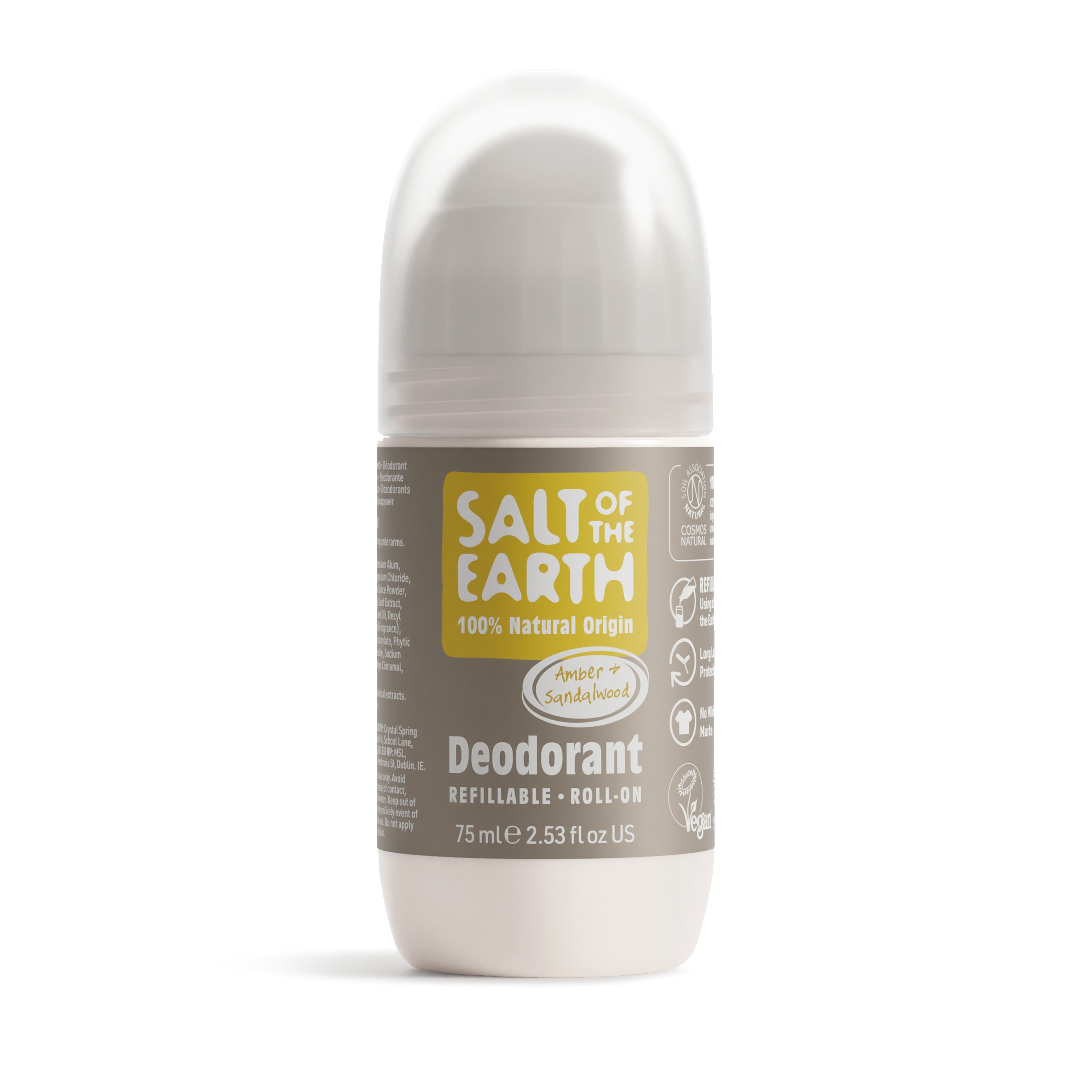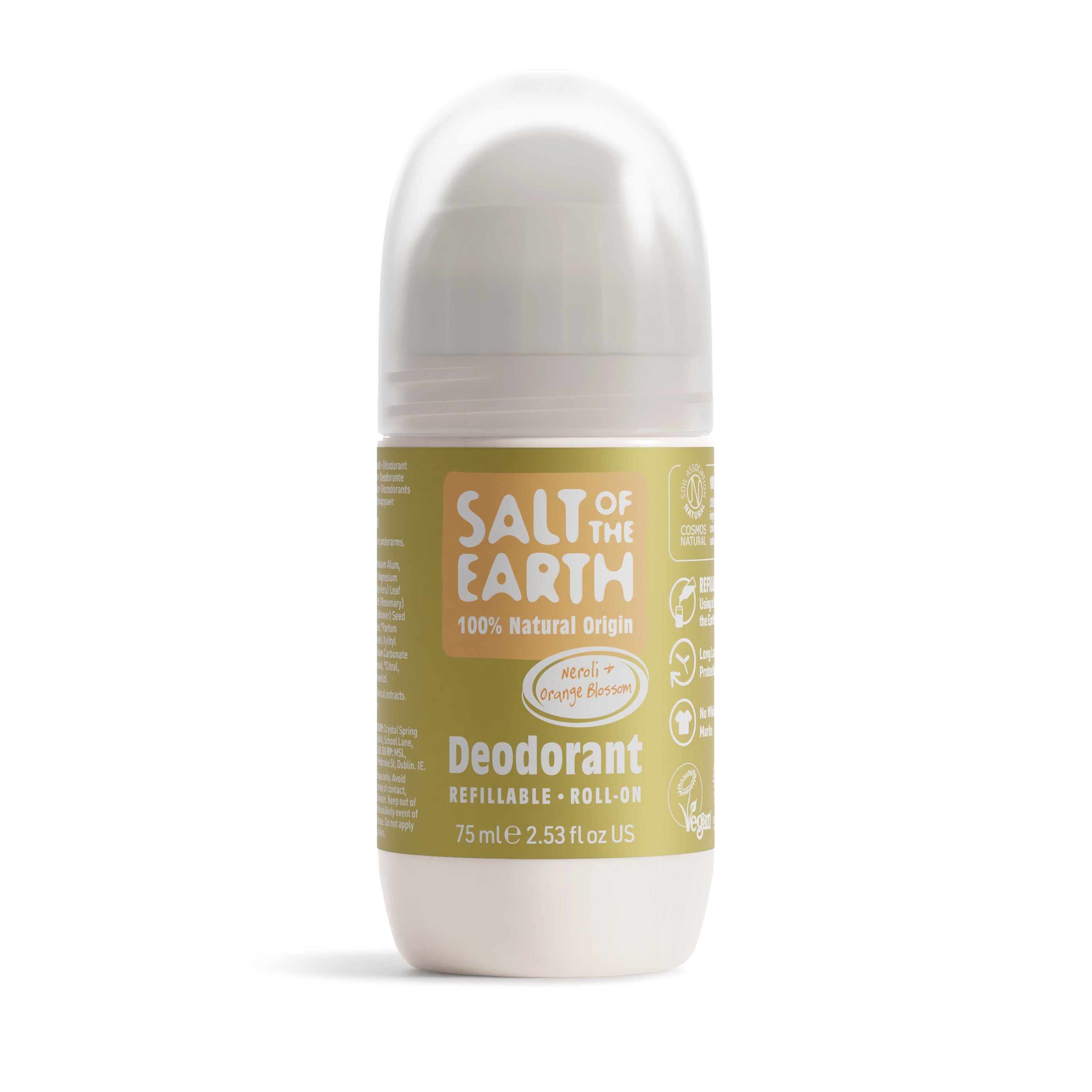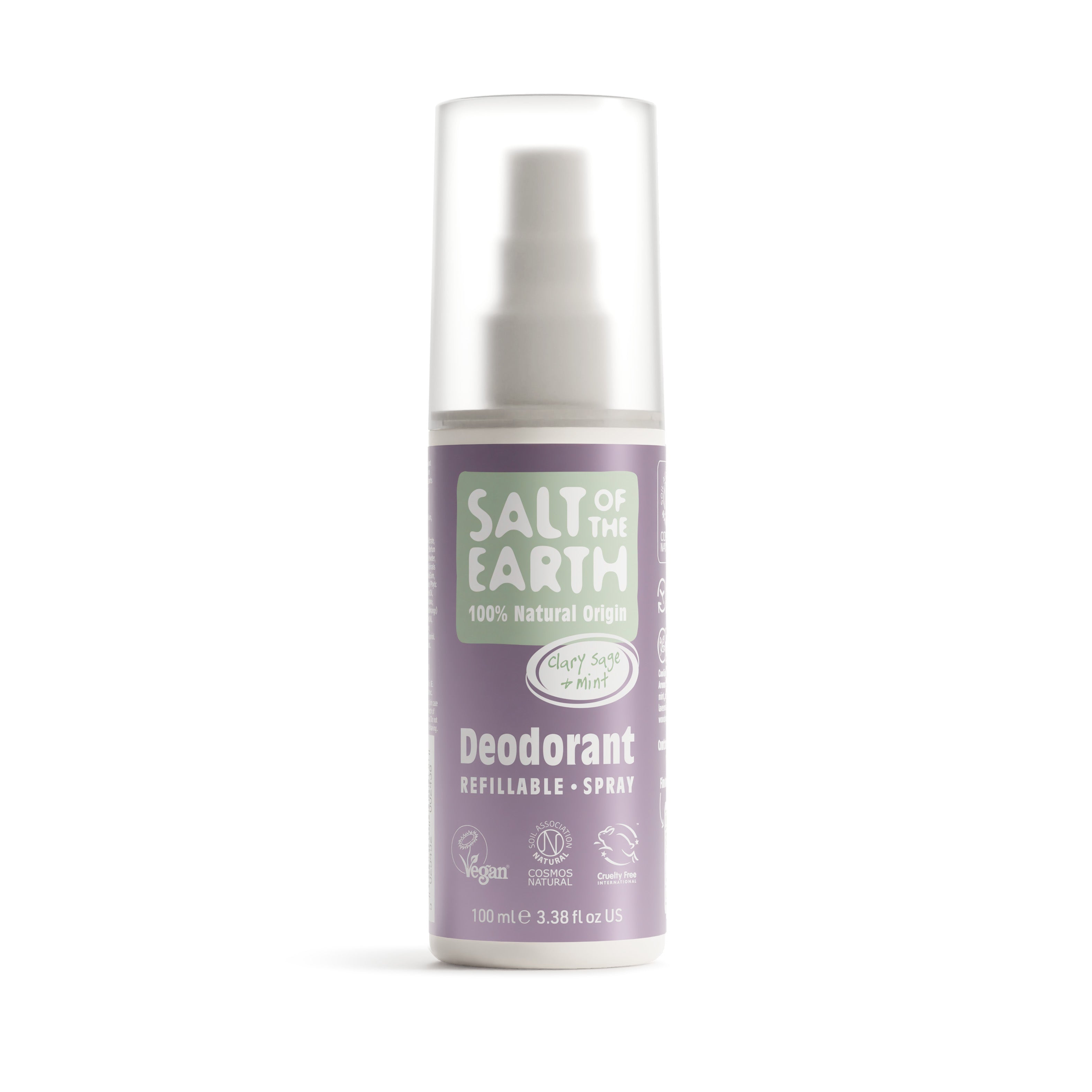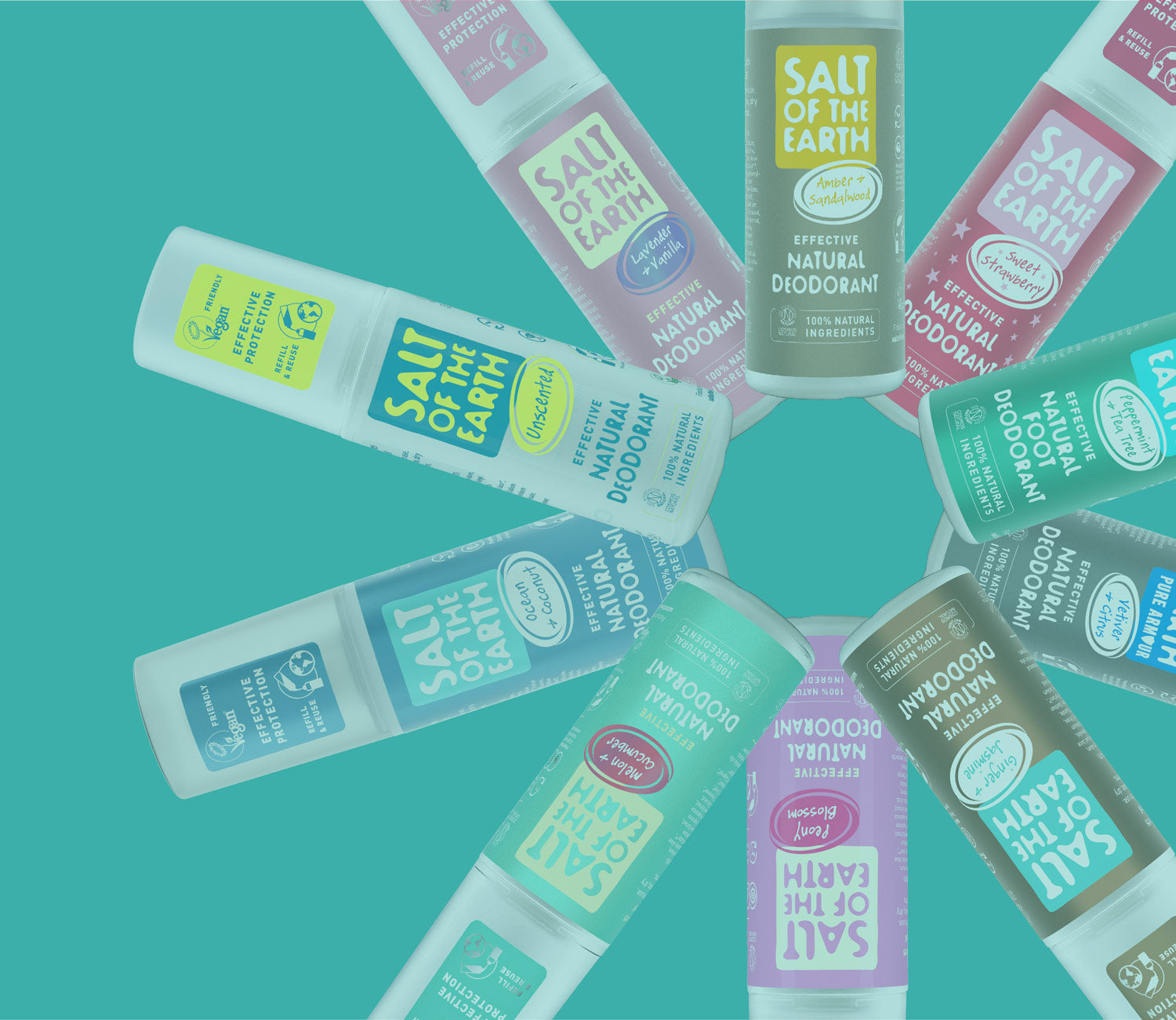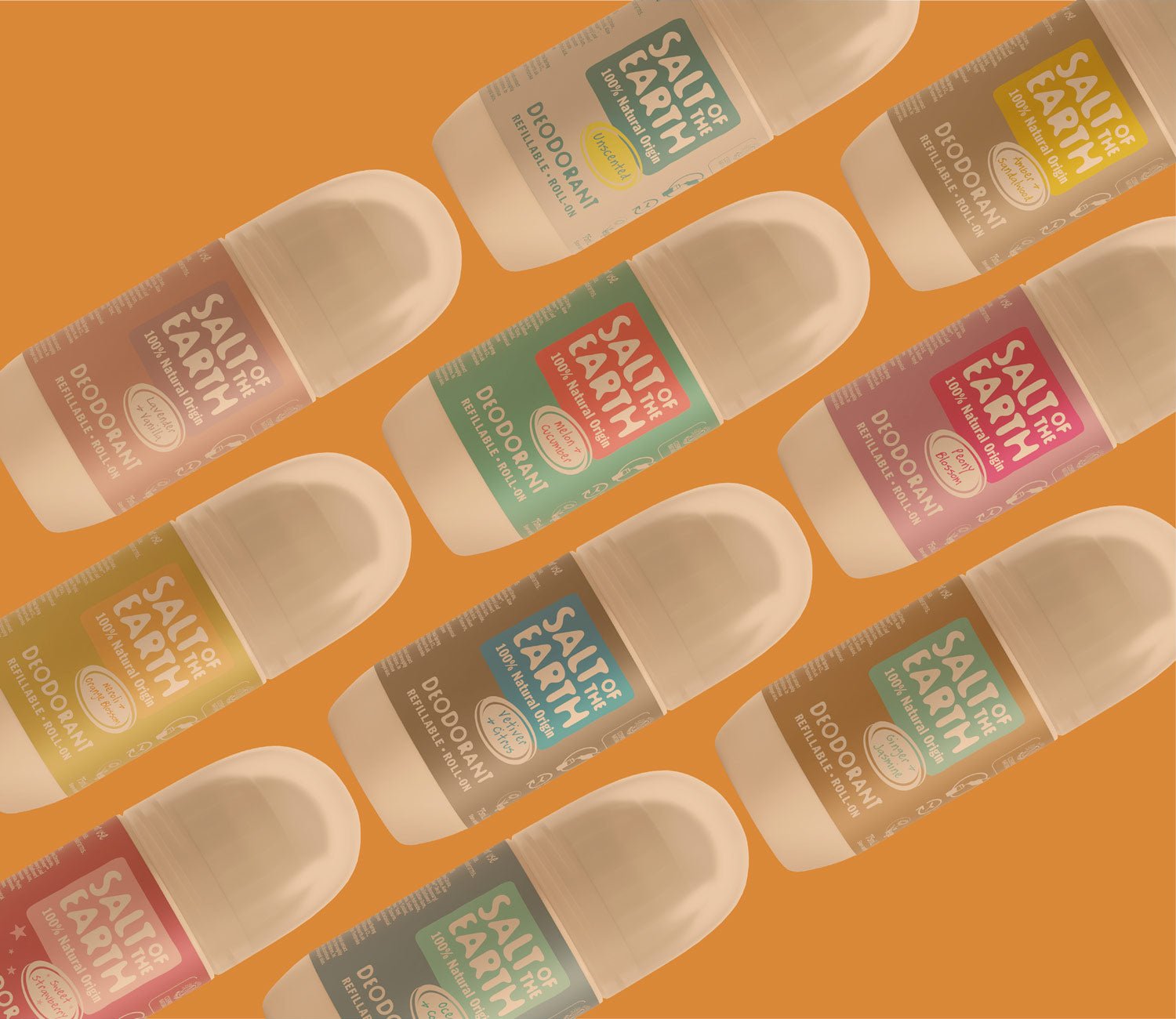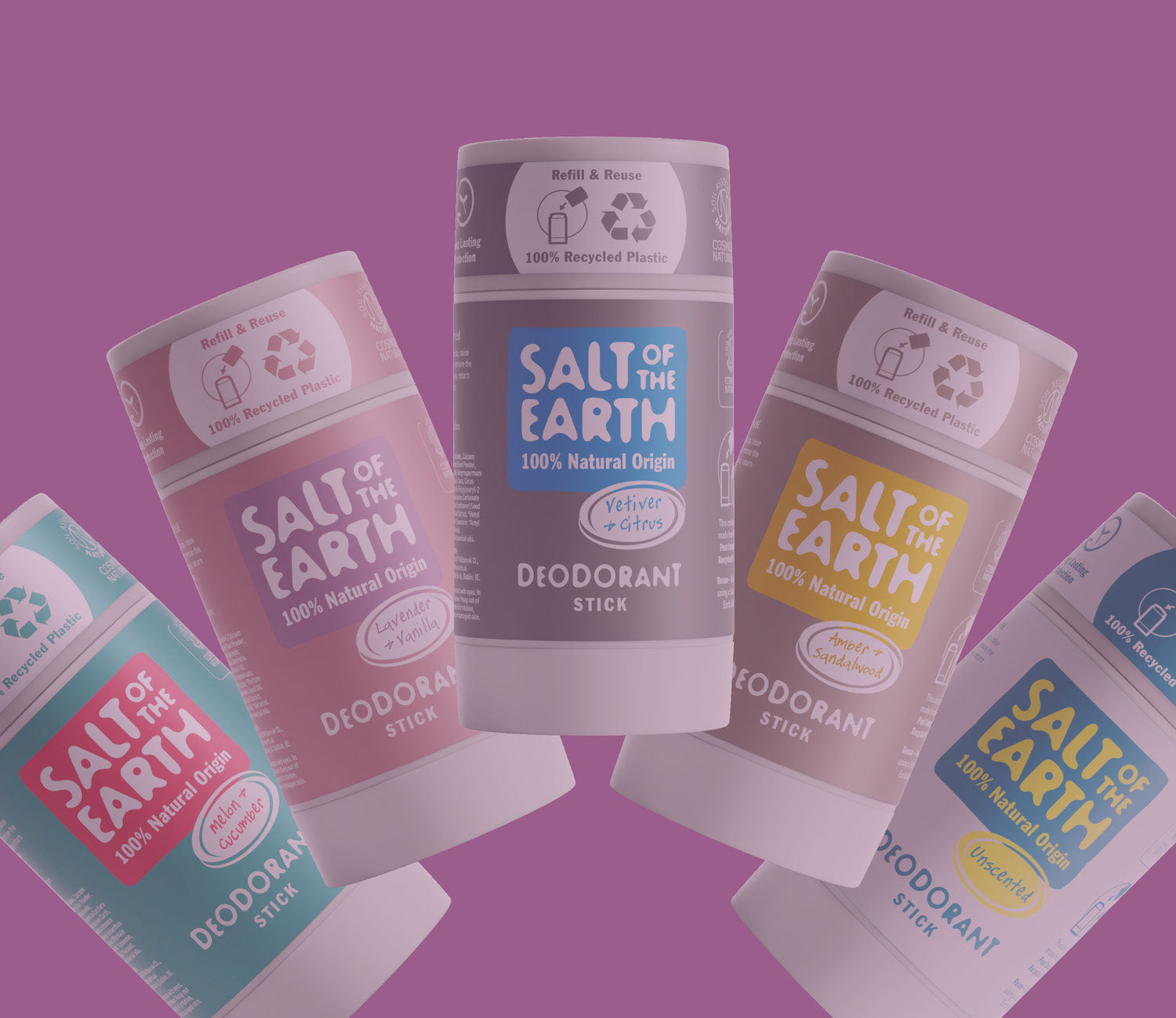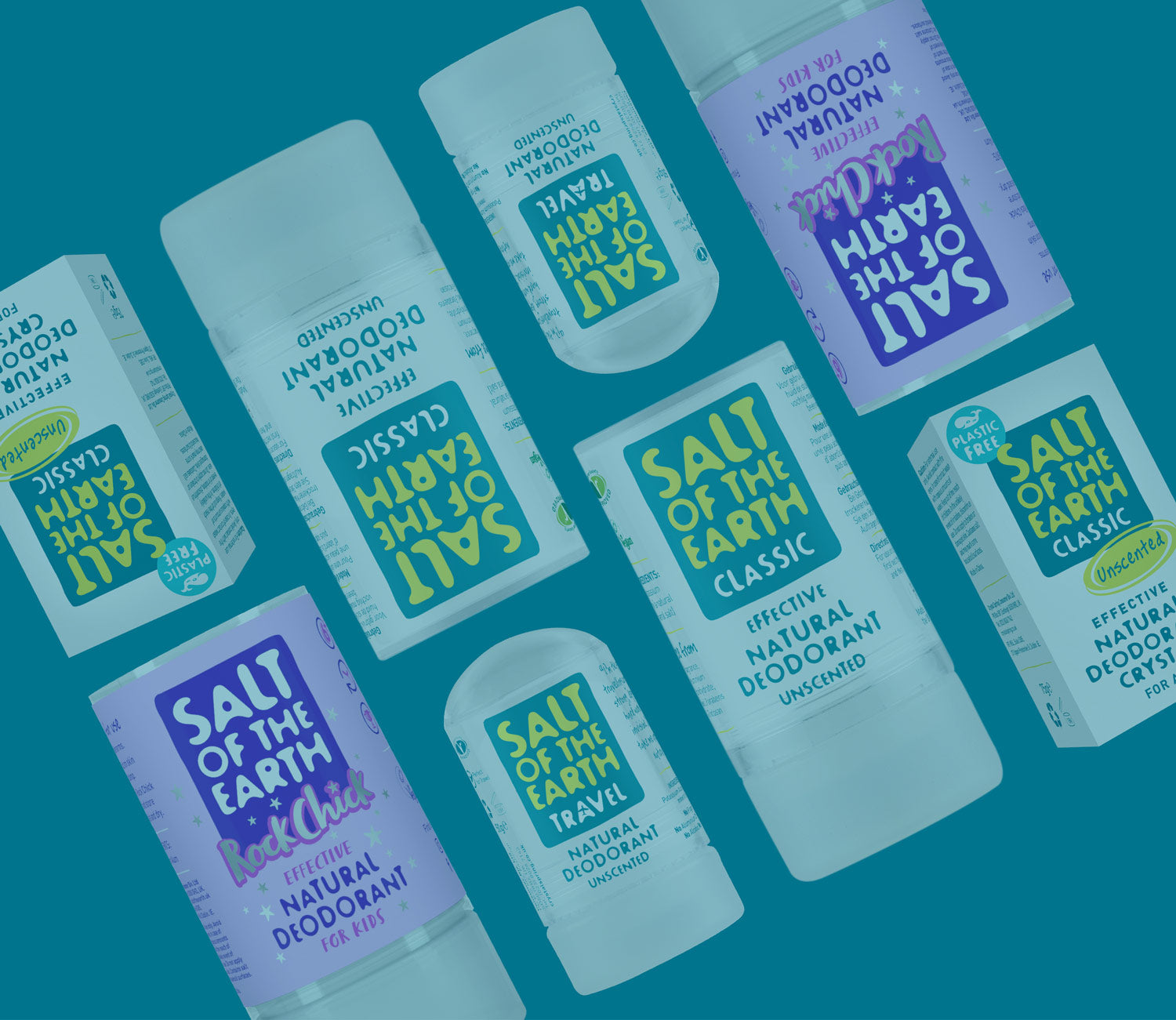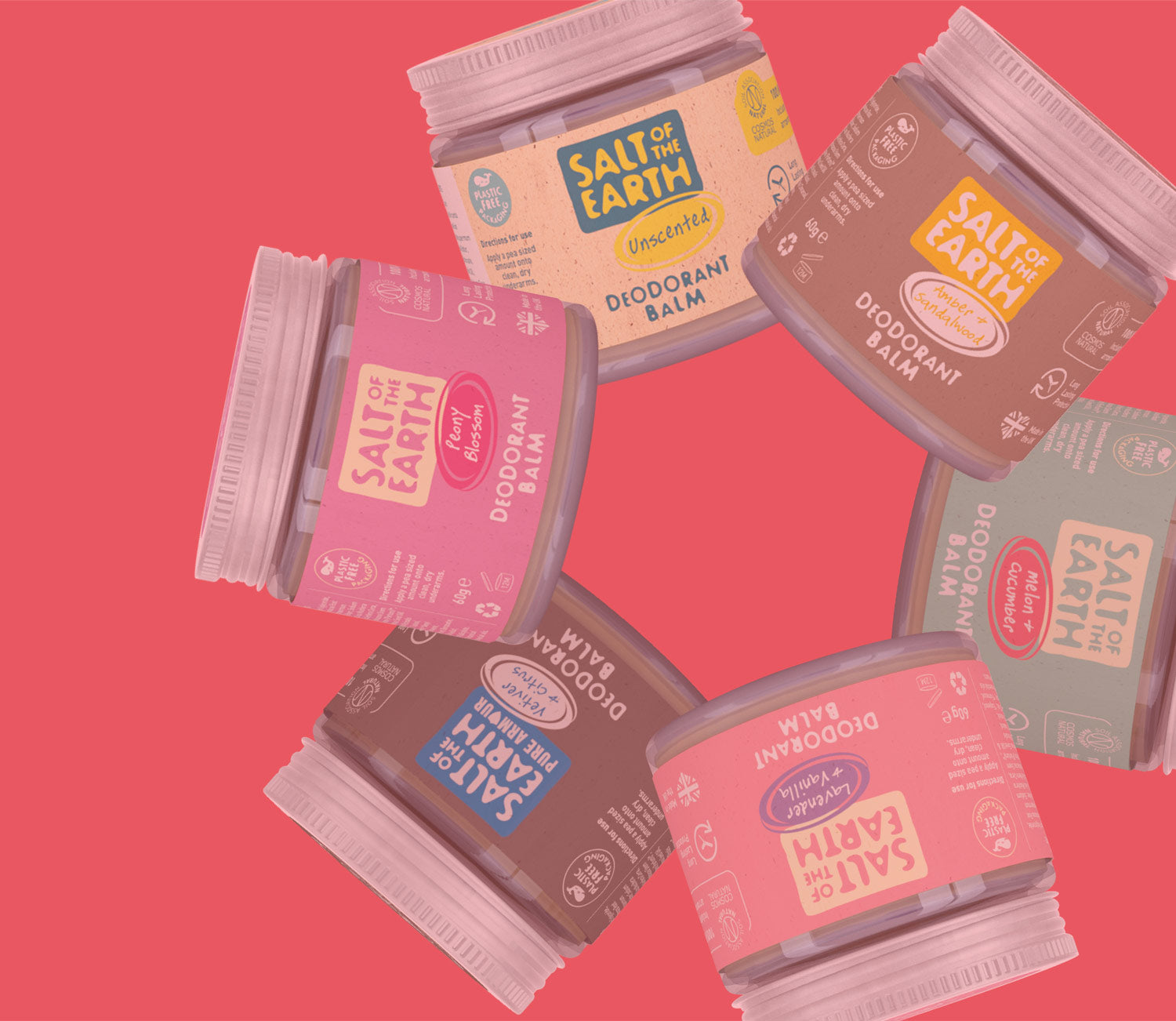How do conventional antiperspirants work, and why is their use controversial?
Conventional antiperspirants reduce body odour by using a synthetic ingredient (typically Aluminium Chlorohydrate) to ‘plug’ the skin’s pores, and artificially impede one of the body’s key physiological processes - sweat formation. Chemical preservatives and antimicrobials, such as parabens, triclosan and MI (the type of ingredients found in household cleaning products and sanitisers), are also contained within most traditional deodorants. It is the inclusion of synthetic, chemical compounds like these, and in particular, the use of Aluminium Chlorohydrate which, when combined with the prevention of sweat formation, has sparked debate over the safety of antiperspirant use, and has led some countries (including the US) to classify these types of deodorants as Over The Counter (OTC) drugs.
What effects can these ingredients have on your body?
The link between Aluminium Chlorohydrate and breast cancer is the subject of fierce ongoing debate among researchers. Once applied to your body, this metal compound is absorbed into the skin’s pores, forming a physical ‘plug’ against the excretion of sweat. This obstruction disrupts the natural perspiration process, which your body uses as both a cooling mechanism, and a way to expel toxins. It has been suggested that the Aluminium Chlorohydrate contained within the ‘plug’ is then absorbed into the blood stream, causing changes in the oestrogen receptors of breast cells. Because oestrogen can promote the growth of cancerous (and non-cancerous) breast cells, some scientists have claimed that aluminium-based antiperspirants may increase breast cancer risk. However, while multiple studies have investigated aluminium absorption and the content of breast tissue, to date no clear evidentiary link to cancer has been identified.
The use of parabens in antiperspirants has also been linked to breast cancer. Parabens are a class of artificial preservatives, widely used in cosmetics and personal care products, which mimic the action of oestrogen in the body. This oestrogen/cancer link has led to a great deal of ongoing research to establish whether parabens are safe for long-term use.
Another typical deodorant/antiperspirant ingredient, Triclosan, has been linked to liver toxicity and fibrosis in several studies, including recent research published by the National Academy of Sciences. Triclosan is currently under investigation by the Food and Drug Administration (FDA) in the US, due to reports that it can cause hormonal disruption and impair muscle contraction.
Finally, MI (methylisothiazolinone) is a preservative used in a wide range of shampoos, moisturisers, antiperspirants and shower gels, as well as in paint. Some dermatologists believe that the increasingly widespread use of MI has led to a steep rise in allergies known as contact dermatitis, where the skin becomes red and itchy, and can sting or blister.
What alternative ingredients are use in natural deodorants?
The main active ingredient in most natural deodorants is potassium alum, a mineral salt that has been used as a deodorant for hundreds of years. Rather than suffocating your pores, potassium alum creates an invisible layer of salts on your skin which inhibits the growth of odour-causing bacteria. The result is long-lasting, effective protection, without impeding your skin’s ability to breathe. Soothing aloe vera and antibacterial honeysuckle are often added to the deodorant to enhance its skin-calming properties.
What should you look for when buying deodorants?
We would recommend that consumers interested in purchasing natural deodorants check the ingredients listed on the back of the products, and try to avoid anything containing synthetic chemicals like parabens, triclosan or Aluminium Chlorohydrate.
Crystal Spring's Salt of the Earth range of deodorants only contain natural ingredients, and is suitable for Vegetarians and Vegans.

